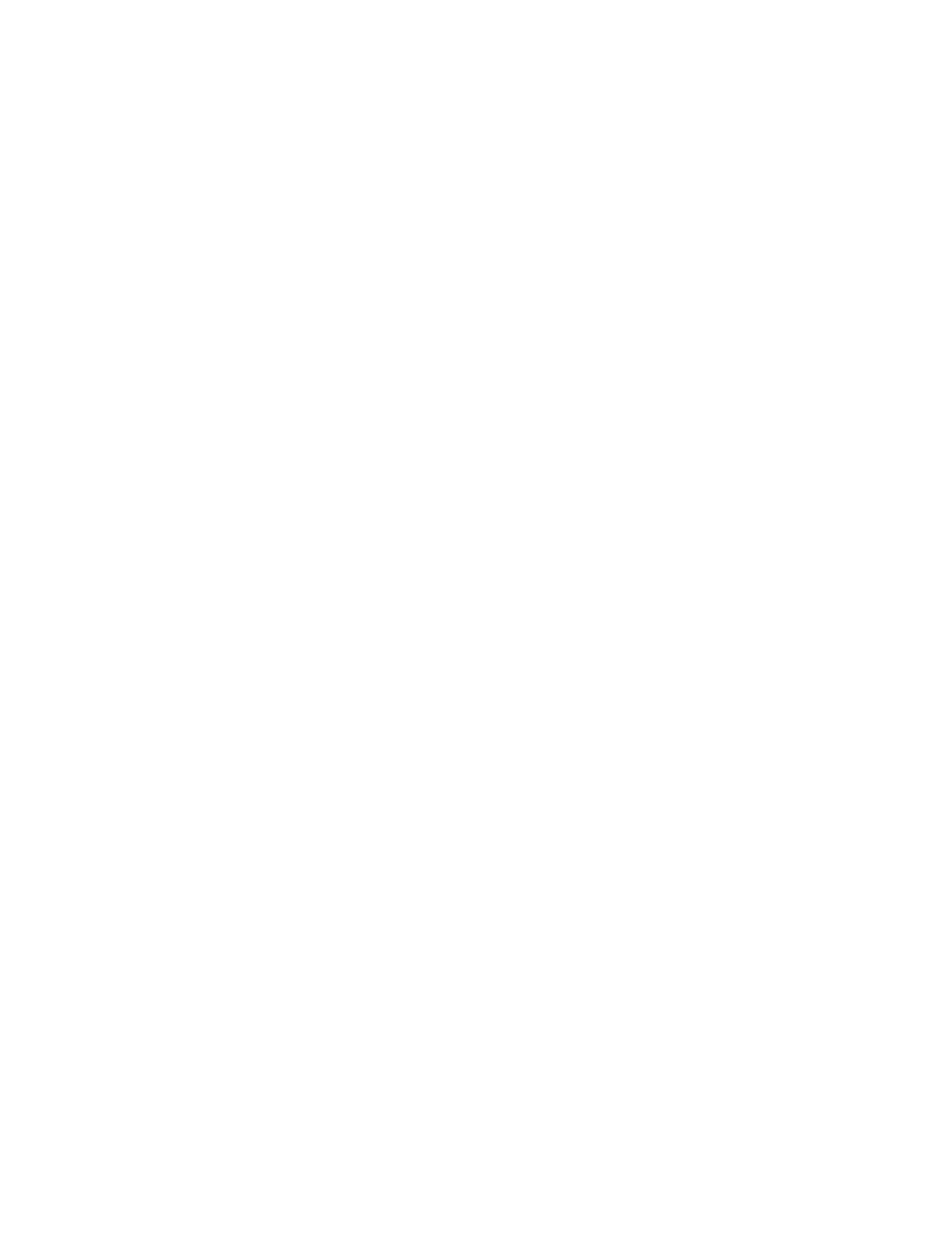

More info and Downloads at
www.islamicbulletin.orgPage 82 of 255
Hudhaifah was looking around when by chance he saw the swords hitting him, so he called to his
attackers, "My father! My father! He's my father!" But it was too late. When the Muslims heard about
this incident they were grieved, but Hudhaifah looked at them with mercy and forgiveness and said,
"May Allah forgive you. He is the Most Merciful." He then went forward with his sword towards the
battle, doing his best and performing his duty.
When the battle ended and the Prophet (PBUH) heard the news, he ordered that blood money be
paid for the death of Hudhaifah's father, Husail lbn Jaabir (May Allah be pleased with him). Hudhaifah
refused to take the money and gave it as alms to the Muslims, an act which made the Prophet (PBUH)
love and appreciate him even more.
Hudhaifah's faith and loyalty refused to acknowledge inability and weakness, or even the
impossible. In the Battle of Al-Khandaq and after the failure of the unbelievers of the Quraish and their
Jewish allies, the Prophet (PBUH) wanted to know the latest developments in the enemy camp.
The night was black and terrifying, and a storm was raging as if it wanted to uproot the solid mountains
of the desert. The whole situation which included a siege, stubbornness and perserverance brought about
fear and anxiety. In addition, hunger had reached a high level among the Companions of the Prophet.
Therefore, who would have the strength to go amidst the dark dangers of the enemy camp and penetrate
it to gather intelligence and news?
The Messenger (PBUH) was the one who selected him from among his Companions as the one to
perform such a difficult task. Who was that hero? It was Hudhaifah lbn Al-Yammaan. The Prophet
(PBUH) asked him and he obeyed.
He admitted with great candor in relating the incident that he had no choice but to obey, thus
implying that he feared the mission being assigned to him. He was afraid of its consequences. His fear
was due to performing this mission under the pinch of hunger, cold weather, and extreme exhaustion that
resulted from the siege by the disbelievers that had lasted a month or more.
What happened to Hudhaifah that night was amazing. He covered the distance between the two
armies and penetrated the surrounding enemy camp of the Quraish. A violent wind had put out the
camp's fires, so the place was enveloped in darkness. Hudhaifah took his place amidst the lines of the
fighters. The leader of the Quraish, Abu Sufyaan, was afraid that darkness might surprise them with
scouts from the Muslim camp. He stood to warn his army, and Hudhaifah heard his loud voice saying,
"O people of the Quraish, each one of you should know who is sitting next to him and should know his
name." Hudhaifah reports, "I hastened to the hand of the man next to me, and said to him, Who are you?
He said, `Such and such a person!'"
He therefore secured his being with the army in peace! Abu Sufyaan resumed his talk to the army,
saying,
"O people of the Quraish, by Allah, you are not in a place to settle. The horses and the camels are
exhausted. The tribe of Bani Quraidah has reneged on us and we learned about them what we hate, and
we suffer from the violent wind as you see. No food can be cooked, no fire can blaze for us, and no
structure can hold. You have to leave, for I am leaving." He then mounted his camel and started moving,
followed by the fighters.
Hudhaifah said, "But for the promise I gave Allah's Messenger (PBUH), who asked me not to do
anything until I returned to him, I would have killed him with an arrow." Hudhaifah then returned to the
Messenger (PBUH) and gave him the information and happy news.
Whoever saw Hudhaifah and considered his way of thinking, his philosophy, and his devotion to
knowledge could hardly expect any heroism from him in the battlefield. Nevertheless, Hudhaifah
contradicted all expectations.
















